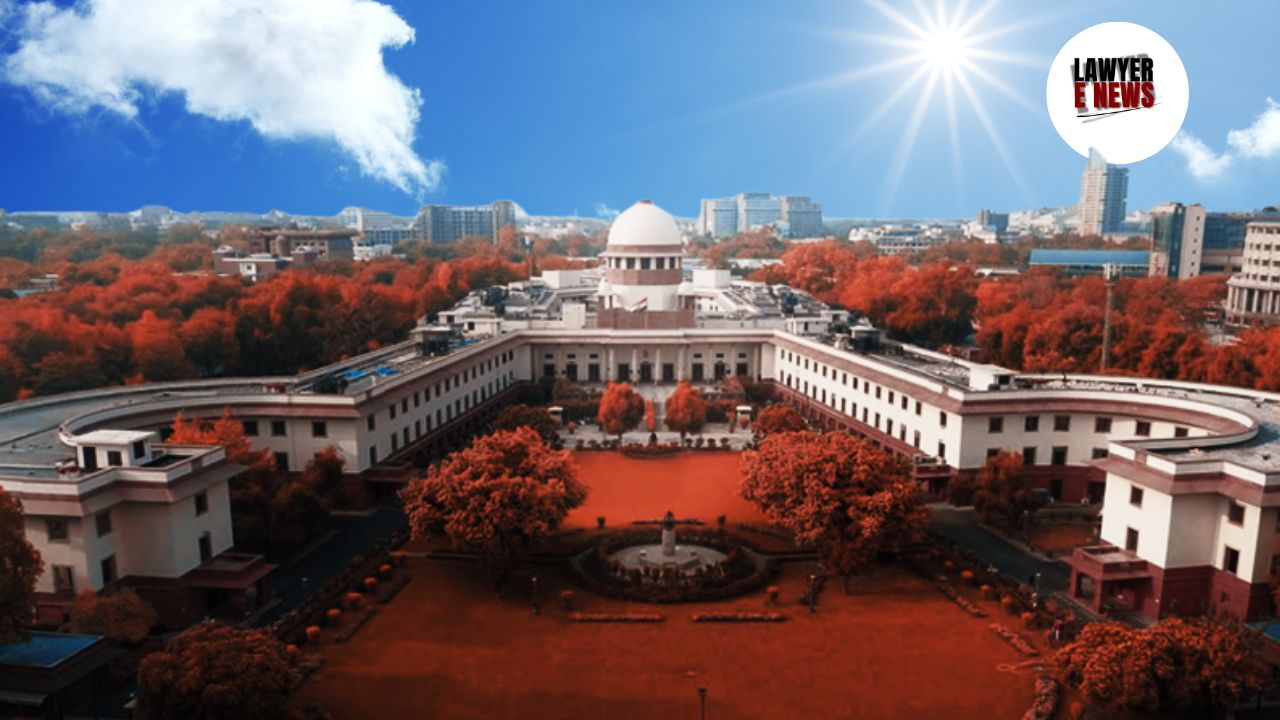-
by Admin
15 February 2026 2:36 AM



Supreme Court of India addressed significant issues concerning the appointment of an Ombudsman cum Ethics Officer by the Hyderabad Cricket Association (HCA) and its constitutional governance. The Court directed that the matter be heard alongside Civil Appeal No. 4235 of 2014, a case dealing with aligning State Cricket Association constitutions with the BCCI Constitution. The decision underscores the importance of uniformity in cricket administration across India.
The dispute began when the Apex Council of HCA appointed an Ombudsman cum Ethics Officer, a decision challenged by the Charminar Cricket Club. The respondents argued that the appointment was not in line with the HCA Constitution and sought suspension of the decision in a civil suit. The Civil Court granted the suspension, which was later overturned by the Telangana High Court in April 2021. The High Court dismissed the civil suit and allowed the appointment to continue. Aggrieved by this order, the respondents filed Special Leave Petitions (SLPs) before the Supreme Court.
During the pendency of these SLPs, the Supreme Court expanded the scope of the matter. It appointed a Supervisory Committee, and later, a Single Member Committee led by a retired Supreme Court judge, to oversee HCA elections and recommend amendments to the HCA Constitution. The Single Member Committee’s recommendations sparked concerns about potential conflicts with the BCCI Constitution.
The case raised two significant legal questions. First, whether the appointment of the Ombudsman cum Ethics Officer was in accordance with the HCA Constitution. Second, whether the Single Member Committee’s recommendations conflicted with the broader governance principles established by the BCCI Constitution.
The Court noted that under Civil Appeal No. 4235 of 2014, it had previously directed that all State Cricket Association constitutions be aligned with the BCCI Constitution. The petitioners argued that the Single Member Committee’s recommendations, if implemented, might lead to inconsistencies between the HCA and BCCI Constitutions, creating governance conflicts. The Supreme Court acknowledged the merit in these concerns and decided to tag the case with the pending BCCI-related appeal to ensure consistency in cricket administration.
The Court also recognized the importance of the recommendations made by the Single Member Committee. It described them as “salutary recommendations,” but emphasized the need for their compliance with overarching governance standards.
Without delving into the merits of the case, the Supreme Court directed that the matter be heard along with Civil Appeal No. 4235 of 2014 to avoid conflicting decisions. It observed that any governance framework adopted by HCA must align with the BCCI Constitution to ensure uniformity in cricket administration nationwide. The Court also directed the Registry to place the papers before the Chief Justice of India for appropriate orders to tag and list the matters.
The Supreme Court acknowledged the efforts of the Supervisory Committee and the Single Member Committee in conducting free and fair elections and making recommendations for HCA’s governance. However, it held that any governance changes must conform to the principles established in its prior decisions regarding the BCCI Constitution.
The Supreme Court’s decision to link the Hyderabad Cricket Association’s governance issues with the broader BCCI Constitution appeal highlights the judiciary’s role in ensuring uniformity and fairness in cricket administration across India. By addressing potential conflicts between State Cricket Association constitutions and the BCCI framework, the Court has prioritized the integrity and consistency of cricket governance at both state and national levels.
Date of Decision: January 3, 2025
